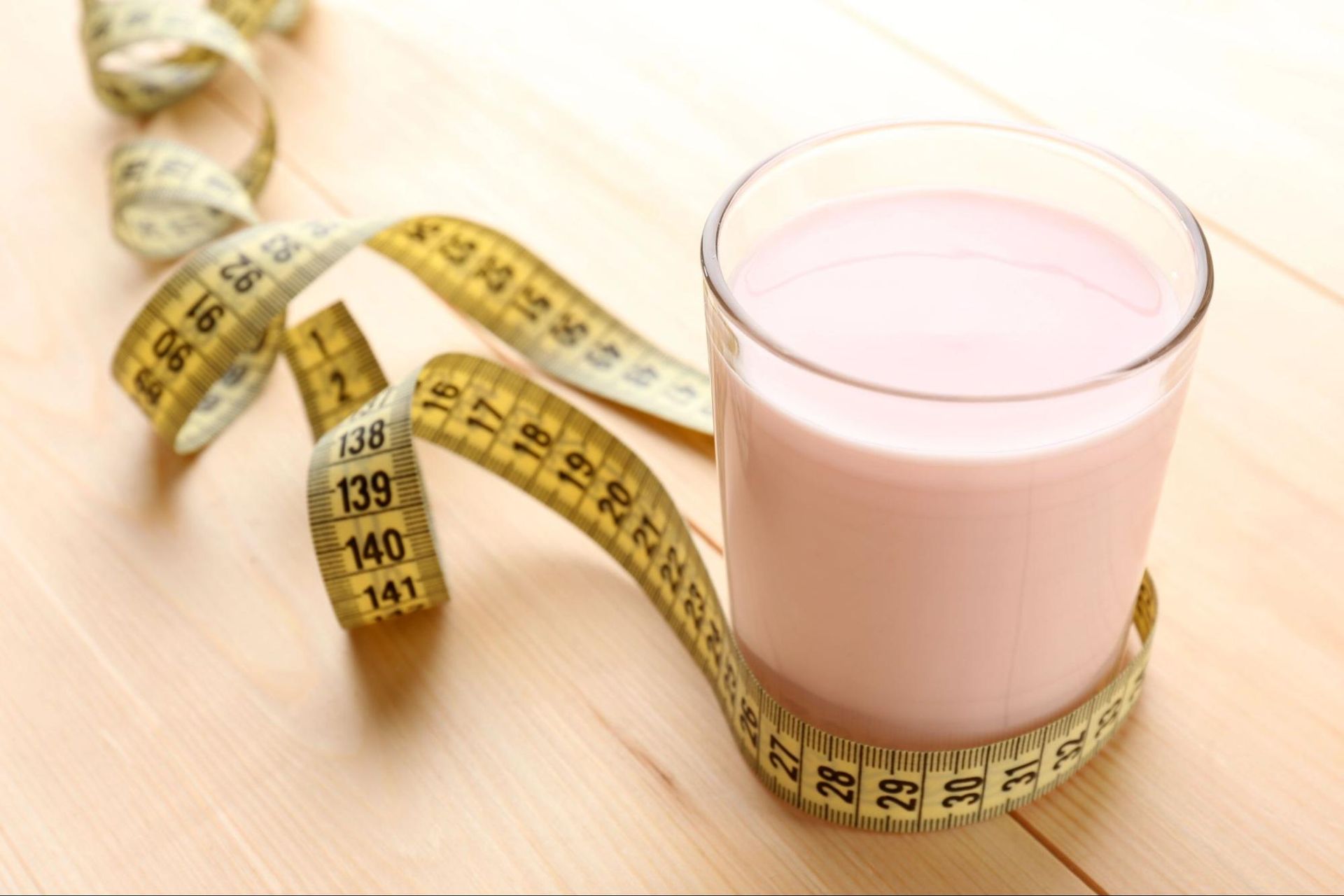Obesity Myths and Misunderstandings
Myth:
Obesity is a lifestyle choice and not a disease
Truth:
A "disease" can be defined as adverse anatomic changes to, and/or dysfunction of, an organ or system of the body that results from genetic or development errors, inflammation or infection, poisons, toxicity, nutritional abnormalities, or unfavourable environmental factors that manifest as illness, sickness, or ailment.
Obesity is promoted by genetic or development errors, inflammation or infection, poisons, toxicity, nutritional abnormalities, or unfavourable environmental factors.
Obesity has cellular and organ anatomic and/or functional abnormalities, which result in illnesses including adiposopathy ("sick fat disease") and/or pathogenic physical forces ("fat mass disease").
Obesity fulfils the definition of a disease. Even when promoted by unhealthful behaviour, obesity is no less a disease than other diseases often promoted by unhealthful behaviour.
Myth:
Obesity is mostly due to a defined genetic abnormality
Truth:
Obesity does have genetic and familial components. However, obesity is only rarely due to a defined genetic abnormality, such as a recognized obesity syndrome and/or identifiable monogenetic mutation of a single gene.
More commonly there is polygenetic inheritance for traits such as appetite.
It is unlikely that the dramatic rise in the prevalence of obesity over the past decades to centuries is due to a world-wide gene mutation. More likely is that obesity is mostly due to changes in population ecosystems.
Myth:
Obesity is mostly caused by a lack of willpower
Truth:
Eating behaviour:
- Is often the result of an imbalance in physiologic forces that strongly resist weight loss and weakly resist weight gain
- Can be affected by mental stress, emotions, habitual time cues, environment, information gap, and reward factors
- Can be due to mental stress that may impair self-regulation and promote choosing unhealthful (immediately rewarding ultra-processed) foods over more healthful (delayed-gratification unprocessed) foods
- Can be affected by eating disorders (e.g., binge-eating disorder, bulimia nervosa, and night-eating syndrome)
- Physical inactivity behaviour may be due to ill health (e.g., musculoskeletal, neurologic, pulmonary, cardiac, and other health disorders) and disinterest, deprioritization, lack of safe availability to physical activity environment, and utilisation of conveniences.
- Many highly motivated individuals are successful in many aspects of their life due to a mindset of maximising efficiency. Breaking the efficiency mindset via promoting negative energy expenditure through implementing nutritional, physical, and behavioural inefficiencies may help with weight management.
- Consuming unprocessed versus ultra-processed food may promote greater inefficiency in gastrointestinal energy absorption and/or decrease post-prandial fat store-promoting hormone secretion (e.g., insulin).
- Alterations in the microbiota may result in less efficient gastrointestinal energy absorption.
- Growth or maintenance of increased muscle mass increases energy demand independent of physical activity.
- Less efficient non-exercise activity thermogenesis (NEAT) can increase energy expenditure (e.g., walking instead of more efficient automated travel; stairs instead of elevators).
- Less efficient periodic breaks from sedentary work may increase daily steps and increase energy expenditure.


















